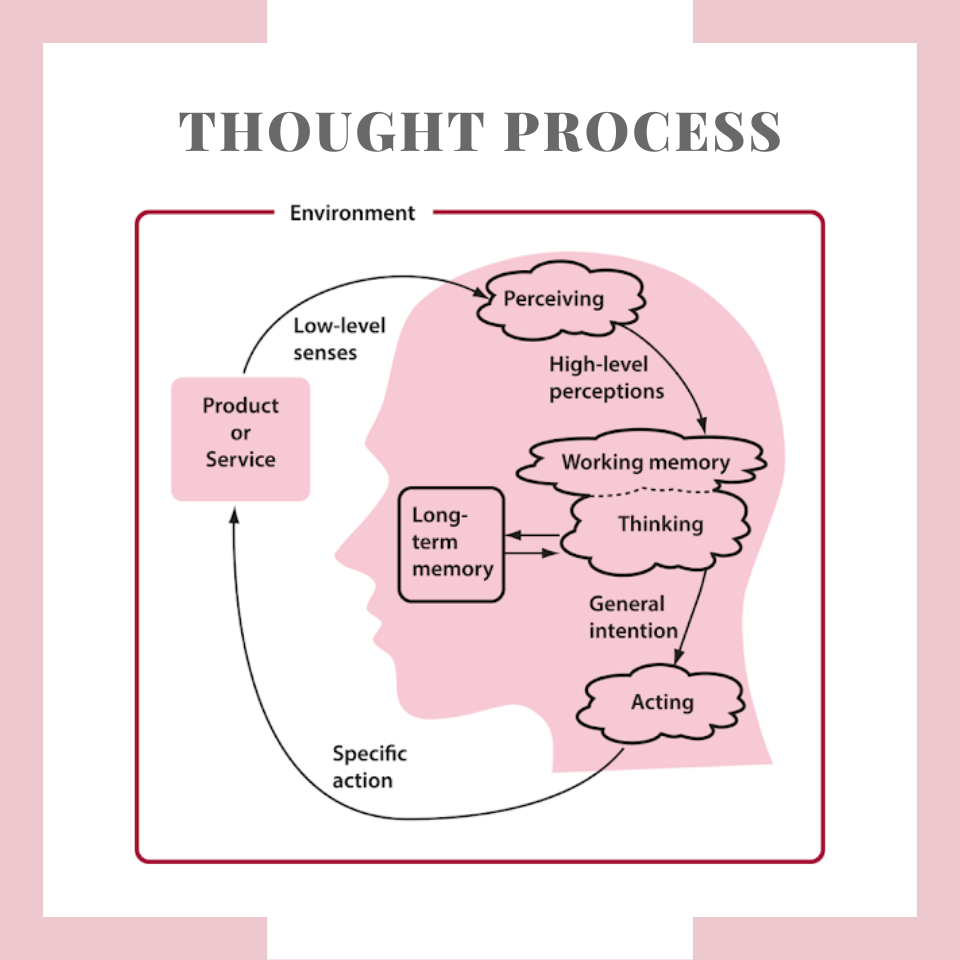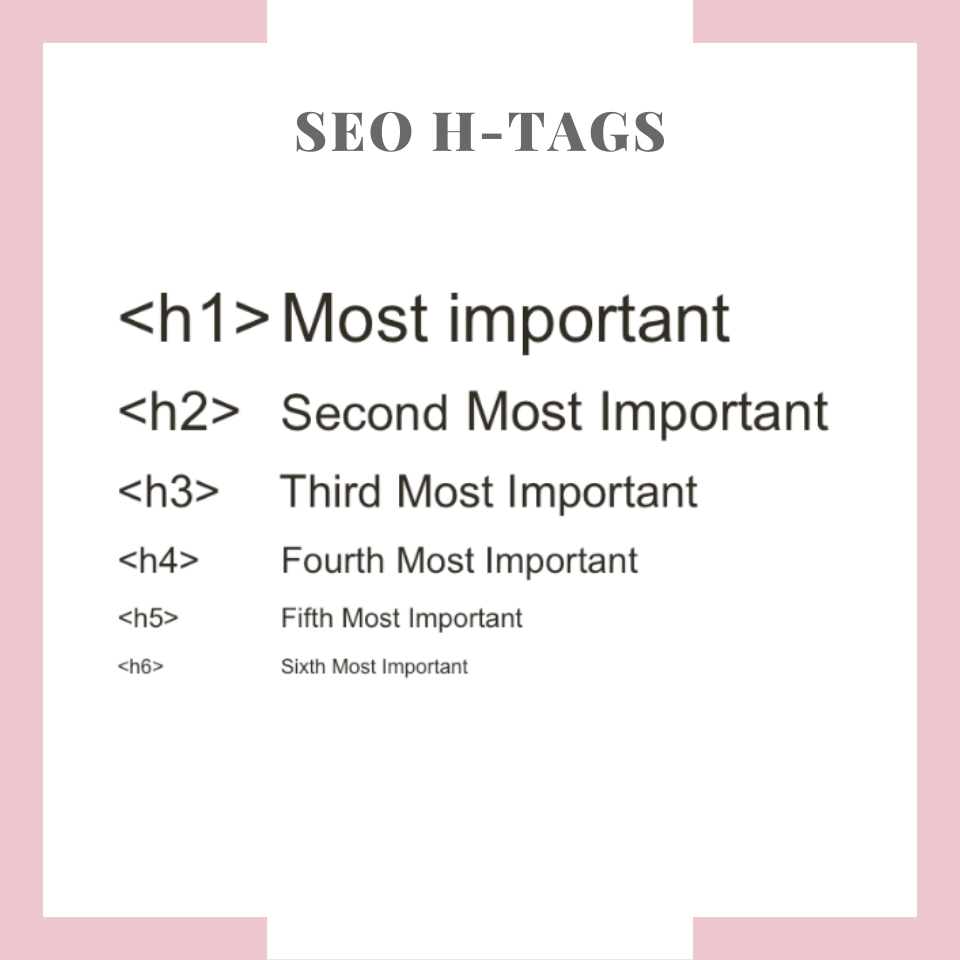AI content writing tools have become increasingly popular. Machines are slowly but surely getting better at writing. They can now help write your emails for you. They can write articles and reports for you. But just because machines can, it doesn’t necessarily mean they should.
AI content generators are faster and more efficient at creating rough drafts. But as we move forward on this partnership with AI, we must safeguard human intelligence as well.
Although artificial intelligence content writing tools offer great features, it’s still not the same as what humans can do. We’ve reviewed several AI-supported content writing tools and have concluded that they do more harm than good.
Why Artificial Intelligence Just Isn’t Enough!
Search engine optimization is an important marketing trend for content that wishes to strive online. The trend aims to increase your website’s traffic from search results on search engines. Although AI is an excellent piece of modern technology, it just isn’t quite there in the field of content writing relative to SEO yet. Human writers have an extra edge. We’ll explain how!
1. Quantity Over Quality
So what gives you an edge when it comes to content writing? It’s quality. That’s exactly what a writer can offer and an AI tool can not. Though artificial intelligence can produce quick copies, it can’t produce quality copies.

An AI copy will lack creativity and an overall human touch with artificial intelligence-generated content. AI content writing tools can skim through the Internet quickly for information, but they can’t create something unique and engaging — at least not yet, that is. An actual content writer will have innovative and unique ideas to create the quality content you are looking for.
So if you are interested in drawing readers to your content, skip the AI and work with a professional writer who might be comparatively slower but will surely be more efficient with the content and its quality.
2. Stale And Robotic Content
Artificial intelligence can indeed whip up the whole of the Internet to find information relevant to the topic and keywords you want. However, the content may be stale.

The tone is also an aspect of writing that is extremely difficult for a computer to mimic. When you ask your AI content generator to use a candid tone, it’s more than likely that the machine will offer a dull and generic tone instead of a relaxed, conversational one.
This is an important issue to keep in mind when deciding on whether you want your content to engage your readers or not.
3. No Involvement Of a Thought Process
When you think of the most significant difference between an AI content writing machine and a human content writer, what comes to mind? It’s thinking. Writing isn’t just writing. Writing is a type of component of literacy. It includes thinking, writing, and reading. All of which AI does not fully possess yet.

We write what we think. Once we write our content, we read and analyze it for any errors in our thinking. That’s the biggest advantage a human brain has over an AI machine.
The ability of a human to research a topic, to analyze, create and make good decisions, in the end, is better for SEO than anything a machine can do.
4. AI Content Is Never SEO Optimized!
One of the most important things to consider for search engine optimization is the use of headers. If you’re a writer, you would know how a variety of headers, including H1, H2, H3, etc, are important to rank content on a search engine. These headers are thoughtfully planned to structure the article and to make it easy for the search engine to skim over its content.

AI writing tools do not take into consideration headers. They use a single H1 header, and there is no further structuring of the content using these headings. This makes the content a poor example of SEO.
5. Uses Traditional Keyword Stuffing Technique
Keyword stuffing is when you stuff a webpage with a target keyword. This is done in hopes to rank higher for that term in the search engines. Many brands use the keyword stuffing technique to boost their search visibility.
Most people don’t know that this is a traditional practice that has been outdated and is no longer helpful for SEO. Like everything else in the world, search engines are also evolving, and this technique has been replaced by many other techniques which have to be fulfilled in order to create a high-ranking piece of content. In short, keyword stuffing is terrible for SEO.

AI still uses this technique which can hurt the quality of your article. This will also damage the reliability of your website. Readers may not be able to reach your website because it will rank poorly with this technique.
Conclusion
In the end, it all comes down to preferences. Indeed artificial intelligence is going to interfere in the world of SEO writing. But don’t worry; if you have authority in specific niches, you’ll always remain ahead of these AI tools in the future.
Some people do overlook the dull and robotic content that AI writing tools offer for the sake of faster copies. At the same time, others prefer well-researched and reader-friendly content at perhaps a slower but efficient rate. You can find the right balance by having the best of both worlds.
AI will produce quick results while your mind can create unique and creative content. This way, your website will rank higher in search engines. Because, after all, SEO is important for your business and your website. You can also outsource it to service providers that have a team of professionals such as Copywrite Lab or any other company of your liking.
So at the end of the day, AI can be used to improve and aid the content writing process, but it shouldn’t be the sole source of copy.






